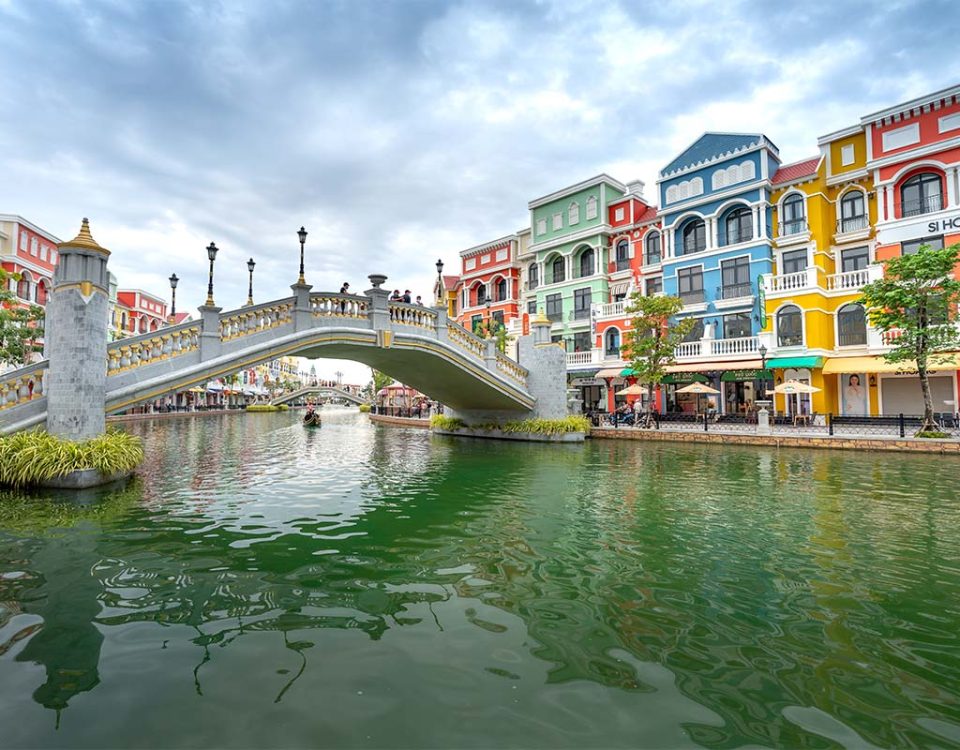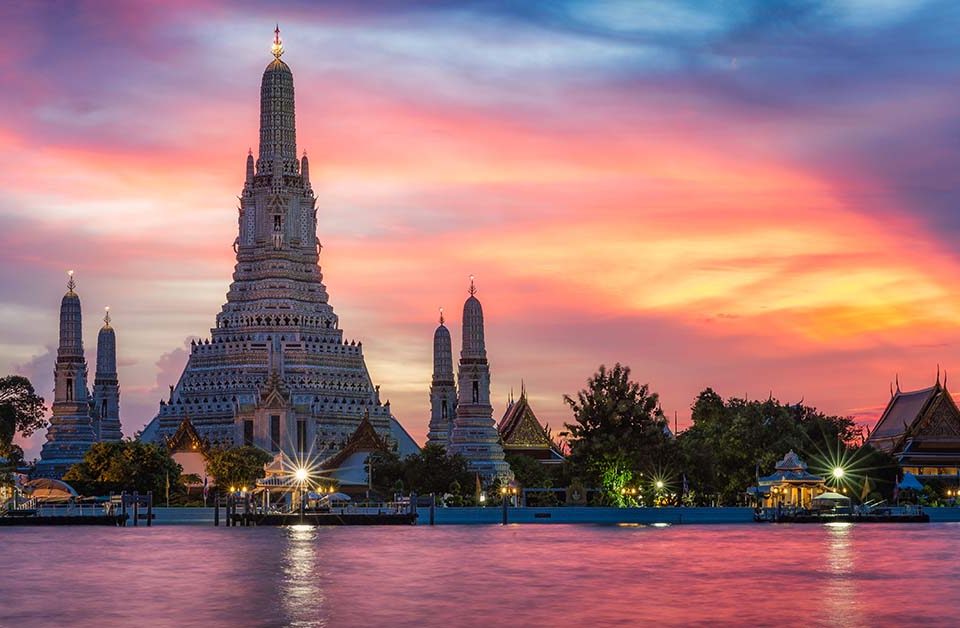
Thai senators to debate Entertainment Complex bill report
23 September, 2025
AI and gambling – big opportunities but big risks too?
8 October, 2025Winna Media Guest Article
2 October, 2025
Experts weigh in on Thailand
Members of Winna Media’s Advisory Board, as well as other experts, have shared their assessments on how a new gaming jurisdiction could and should approach the creation and enforcement of gaming legislation, and the kind of environment that makes a gaming market successful. Here’s a summary with links to the individual articles we’ve shared so far on the, currently stalled, Kingdom of Smiles’ moves to legalise gaming.

Winna Media’s expert advisors have been telling us how Thailand can dovetail its unique tourist offerings with gaming; the critical importance of Thai design and hospitality; the need to rally public opinion to support the sector; facing up to the reality of problem gaming and creating a physical and fair regulatory structure and environment that reflects Asia’s contemporary tourism sector.
Sustainable and attainable – driving the future for Thailand’s casinos
There’s zero hesitation when Asian market tourism consultants Lilly Choi-Lee and Trevor Lee list Thailand’s stand-out attractions.
“Highly exotic, with an incredible offering of both a busy, vibrant nightlife and city life; it’s got a unique nature and environment feel – plus it comes in at a decent price,” says Trevor, with Lilly adding that the relative safety, the friendliness of the people, exceptional service and the food are also big draws.
If the integrated resort (IR) or entertainment complex (EC) model is followed, it can include non-gaming attractions to appeal to both young and old visitors. That would enable high rollers, or people chancing their luck on the slots, to visit and stay with their families, because there would be something for everyone.
Thailand’s Entertainment Complexes – designing for life
Westar Architects’ Paul Heretakissays, “If you ask me what a uniquely Thai entertainment complex looks like, I’d say, first of all, it can’t be like a Western casino.
“A casino in Bangkok needs to capture the essence of Thailand in the materials they use, the craftsmanship and the decoration – even the smells and scents they pipe through the hotel,” Paul states.
The build is just one element. “The service needs to be all about the warmth and hospitality that Thailand exudes to visitors. It’s service with a smile everywhere you go. The most successful operations capture that culture, that essence.”
Thailand needs a custom-built gaming model
Paul D. Volodarsky is the Bangkok-based head of regional real estate practice with the international law firm DFDL.
The make-up of the Kingdom’s society, tourist market and infrastructure means it’s important to build a unique gaming set-up – but proponents need to work hard to bring the public with them. Paul believes there’s a strong case for centralised locations for gaming. These locales would have a concentration of facilities to provide gaming and ancillary services like hotels and entertainment to attract the “right type” of players.
Problem gaming – dealing with the inevitable
Michael Soll is the newly appointed president of the International Center For Responsible Gaming (ICRG). Fears about the impact on vulnerable members of Thai society have been one of the objections wielded by anti-gaming protestors in 2025.
Michael’s view is that these types of objections are inevitable and that legalising gaming will inevitably surface some problem behaviours. However, because the industry and society are aware of what happens, they are therefore better-placed to deal with it.
He says, “Any new jurisdiction you bring gaming to is bound to face issues from various stakeholder groups. Until it’s there, it’s kind of hard to know how a jurisdiction will behave.”
Making Thailand the new model for gaming
Asia’s gamblers have changed their behaviour, just as their demographics have transformed as well. “The old business model where your primary targets were VIPs and affluent players has gone,” says Steven Wolstenholme, a 30-year veteran of the sector.
The ‘fun’ element, whereby gambling is simply one of the many experiences family groups can enjoy, is now a critical driver, assuming it is provided at a realistic price.
“If someone’s comfortable spending, for example, $300 per night on a hotel room, they’ll likely be comfortable spending about the same as ‘entertainment’ money in a casino,” he says.
Casinos should be open to both tourists and local people, with more exclusive facilities for anyone with a foreign passport. There would be different house buy-ins and betting limits for foreigners or Thai nationals with dual passports.
Building a sustainable regulatory framework
Susan Hensel is co-founder and partner of the gaming industry-focused law and advisory firm Hensel Grad.
She states, “The goal for new gaming regulators is to establish a framework that will create a sustainable industry. That means building a regulatory system that is based on integrity and a clear understanding and execution of the regulator’s industry oversight responsibilities.”
Susan adds, “You have to ensure that the games are fair. That means members of the public can have confidence that the games play and pay as advertised. If a player hits a jackpot, there should be no issue with the player getting the winnings.”



